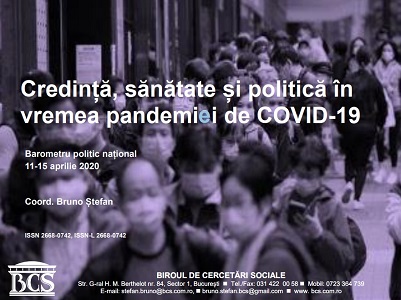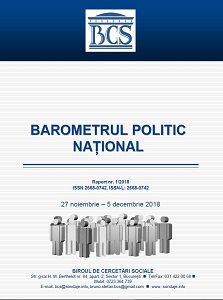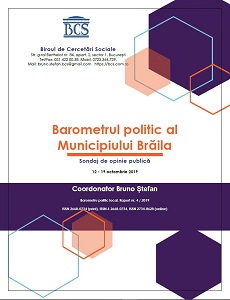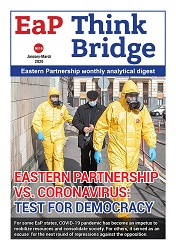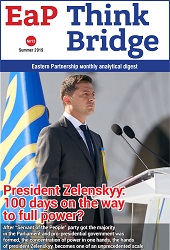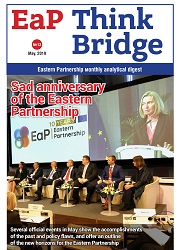
HELSINŠKE SVESKE №13: The Past as a challenge to the law
Societies in whose present time the authoritarian past is still a socially relevant thing may be placed in two opposing manners in front of this morally, politically and legally compromising past: there is a distinct difference between the policy of coping with the past and the policy of non coping with the past. In German, the only language with a specific expression for the complex phenomenon of the former, for ‘cope with’ the past (Vergangenheitsbewältigung), one can also use the synonym Vergangenheitsaufarbeitung. However, ‘to cope with’ is a bet-ter expression. The expression, as well as ‘to prevail over’ the past and ‘to get control over’ the past – indicates more clearly that at issue is a process by which the past is dealt with: to im- pose over, to get control over the past that imposed over us, and it would impose over us again, if we do not impose over it. The extreme patterns of the reactions to the authoritarian past by which it cannot be prevailed are on one side retaliation and pure vendetta and on the other side the 'as-if-nothing-has-happened' pattern: closing your eyes before the authoritarian past. By neither method, it must be emphasized, can the past be prevailed over. Retaliation is an authoritarian fight with the authoritarian past, but not the prevailing over it. Fire cannot be fought with fire here. The authoritarian fight with the past, even if it was authoritarian, is just a repetition, but with the opposite roles.
More...
